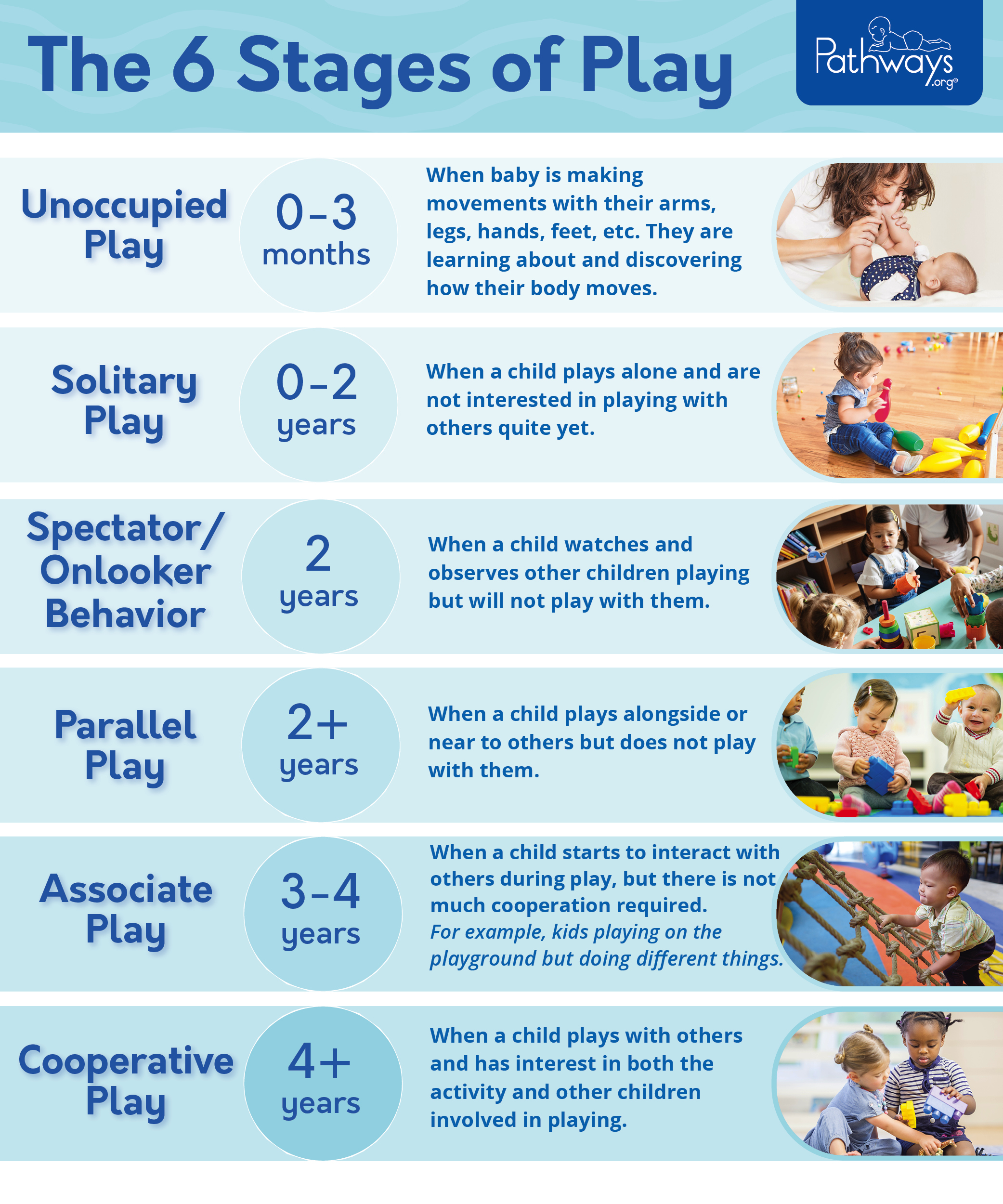As parents, we often find ourselves in a never-ending pursuit of ensuring our children receive the best education and opportunities for success. We enroll them in prestigious schools, provide them with extra-curricular activities, and push them to excel in academics. However, amidst this quest for academic excellence, we sometimes overlook a crucial aspect of childhood development – play. Yes, play!

Play is not just an idle pastime; it plays a vital role in a child’s growth and learning. It is through play that children explore, discover, and make sense of the world around them. From the moment they are born, children are instinctively driven to play, and it is through play that they develop essential physical, cognitive, and social-emotional skills.
At its core, play is a child’s way of interacting with the world and experimenting with different ideas and concepts. Whether they are building a tower with blocks or pretending to be a doctor, children engage in activities that stimulate their imagination, creativity, and problem-solving skills. These activities may seem trivial to us adults, but for children, they are building blocks for future learning.
In fact, research has shown that play has numerous cognitive benefits. For instance, when children engage in imaginative play, they develop their communication and language skills as they create scenarios, engage in dialogue, and express their thoughts and emotions. They learn to negotiate, compromise, and collaborate with their playmates, enhancing their social skills and emotional intelligence.
Play is also essential for the development of fine and gross motor skills. When kids build with blocks or play with puzzles, they are honing their hand-eye coordination and spatial awareness. Dancing, running, and climbing all contribute to their physical well-being and help them develop strength, balance, and agility. Furthermore, play encourages curiosity and fosters a love for learning, instilling in children a lifelong passion for exploration and discovery.
As a parent, I have witnessed firsthand the power of play in my children’s development. When my daughter was three years old, she enjoyed playing with a set of building blocks. She would spend hours constructing elaborate structures, experimenting with different shapes, and problem-solving when the towers collapsed. Today, as a teenager, she excels in math and has a natural inclination towards logical thinking – skills I attribute, in part, to her early experiences with play.
In a world where the pressure to excel academically is ever-present, it is essential to strike a balance between structured learning and unstructured play. Although academic achievements are crucial, we mustn’t overlook the significance of play in a child’s holistic development. Playtime provides children with an opportunity to explore their interests, discover their passions, and develop essential life skills that go beyond the classroom.
Many schools and educational institutions are recognizing the importance of play and incorporating it into their curriculum. They understand that play-based learning can enhance a child’s engagement, motivation, and overall academic performance. By creating stimulating and child-centered environments, these institutions are nurturing a love for learning that extends far beyond textbooks.
However, the responsibility of fostering play does not solely lie with schools. As parents, we must also prioritize and encourage unstructured playtime at home. This can be as simple as setting aside dedicated time for play, creating play spaces where children have the freedom to explore and express themselves, and actively engaging in pretend play or imaginative activities with our children.
In conclusion, play is not a frivolous pastime but a vital component of a child’s growth and learning. It provides children with an avenue to discover, learn, and develop essential skills that will serve them well into adulthood. By embracing the power of play, we can create an environment that nurtures well-rounded, curious, and confident children who are prepared for the challenges that lie ahead. So, let’s encourage our children to play, learn, and thrive!


